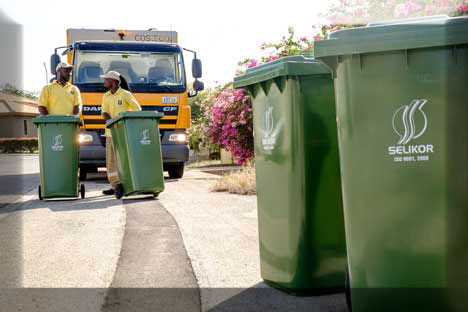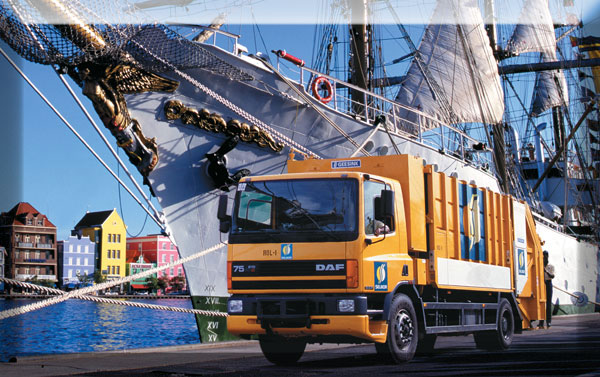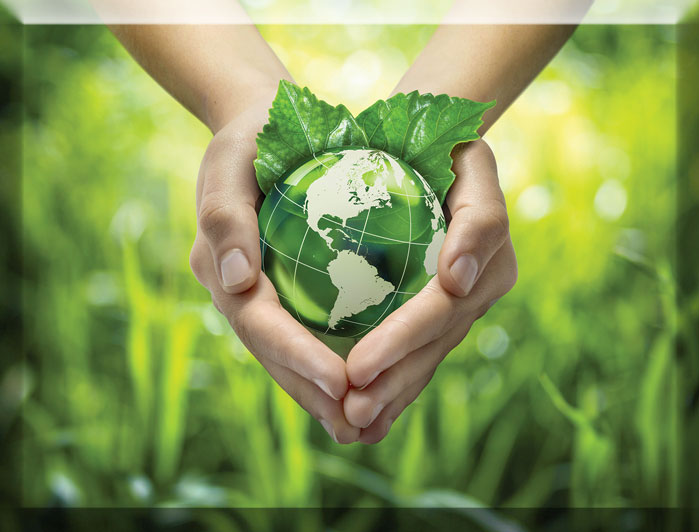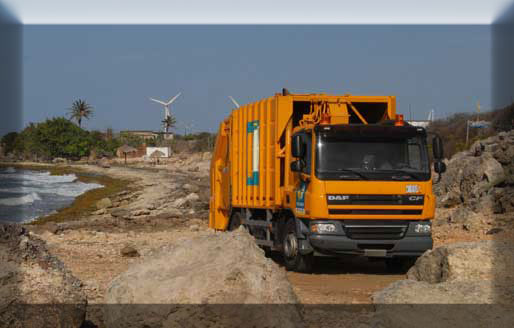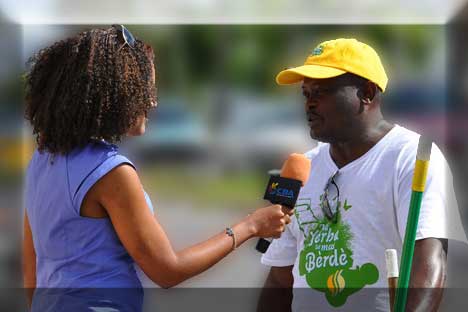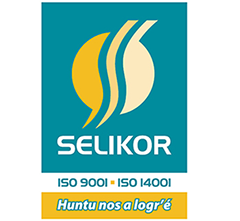When you’ve done your part, let Selikor do the rest, striving for a cleaner environment for our future generations.
The processing phase refers to the preparation of materials for shipment to end users. In order to be successful, recycling experts must know the various types and grades of recyclable materials, acceptable quality standards, current prices and potential markets for materials. Processors make profits by receiving higher revenues for the materials that they market to brokers or end users than the cost that they must pay for collecting and processing. Typical processing steps include:
- Separating dissimilar and incompatible materials
- Classifying the materials by recycling industry grade
- Inspecting for, and removing contaminants
- Compacting the materials with a compactor, baler or crusher
- Sizing the materials with a shredder, shearer or granulator for compaction or end use
At the Malpais compound Selikor is currently building a modern Waste Drop-off Center and a Materials Recovery Facility. Click on this icon for a map to the facility ![]() .
.
So once you have separated your waste, collected your recyclable materials, and transported them to one of Selikor’s recycling drop off centers, what happens next? Selikor prepares the recyclable materials so they can be processed, packaged and exported or used in the local market.
When Selikor processes a recyclable material, we remove all contamination, (e.g. remove metal caps from glass bottles or remove wood from construction and demolition waste). This results in a clean, homogeneous product that can be easily sold on the world market. We also may further separate recyclable materials (e.g. sort plastic bottles by color). Processing may also include crushing, grinding, chipping, or sifting the recyclable materials (e.g. glass may be crushed and sifted into different sized fractions). Finally, the recyclable materials may be packed to facilitate their transportation, either for the local market or for export, (e.g. for example, cardboard is baled, plastic bottles are crushed, etc.).
Currently most of the waste materials collected on the island for recycling will be exported for processing and further treatment of these materials. Only the end products of construction and demolition waste recycling are market locally.
Shipment to an End User or Broker
The recyclable waste materials are transporting by truck, container, or ship to a local or foreign end user or to a broker. Brokers are involved in the marketing of processed materials to end users. Brokers play an important role in the recycling loop as they assure the availability of needed quality and quantity of materials to end users. They pool the outputs of several processors and arrange for shipment of the materials to the end users. Glass, metal, paper, cardboard, and batteries are some of the waste materials that are collected on Curaçao and shipped by Selikor to foreign end users.
The production of new products
New products are made partially or totally from recycled materials. Buyers are those businesses that can use the recycled material as feed stock in their production process. On Curaçao, buyers of recycled construction and demolition waste are among local companies specializing in construction or reconstruction of our public roads and or buildings.
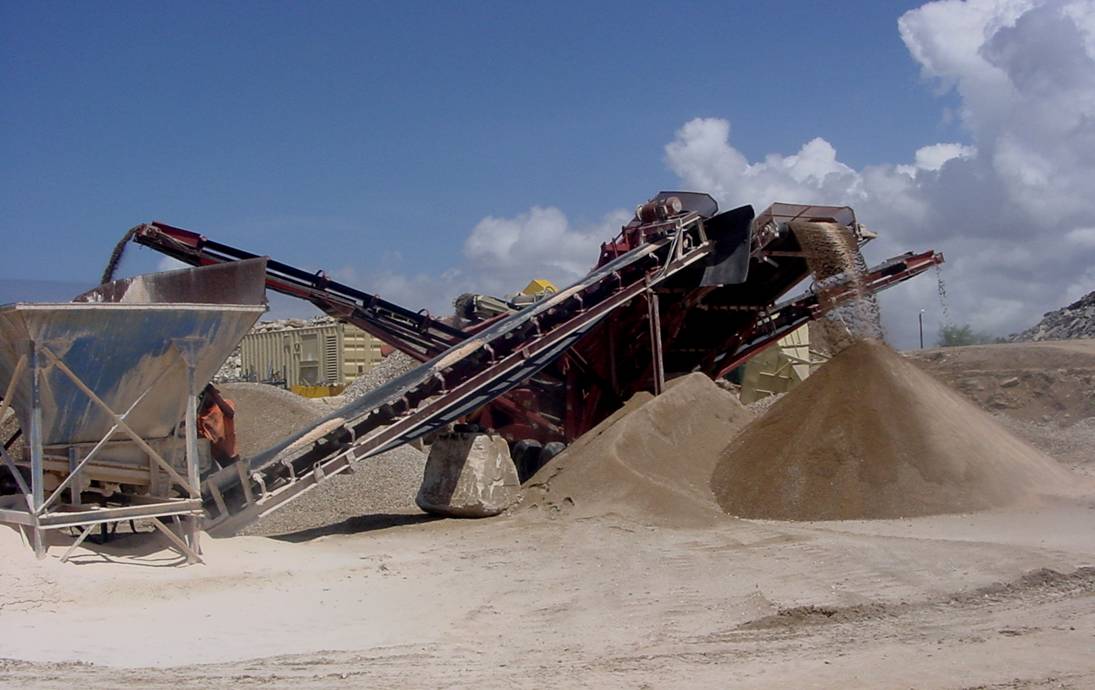
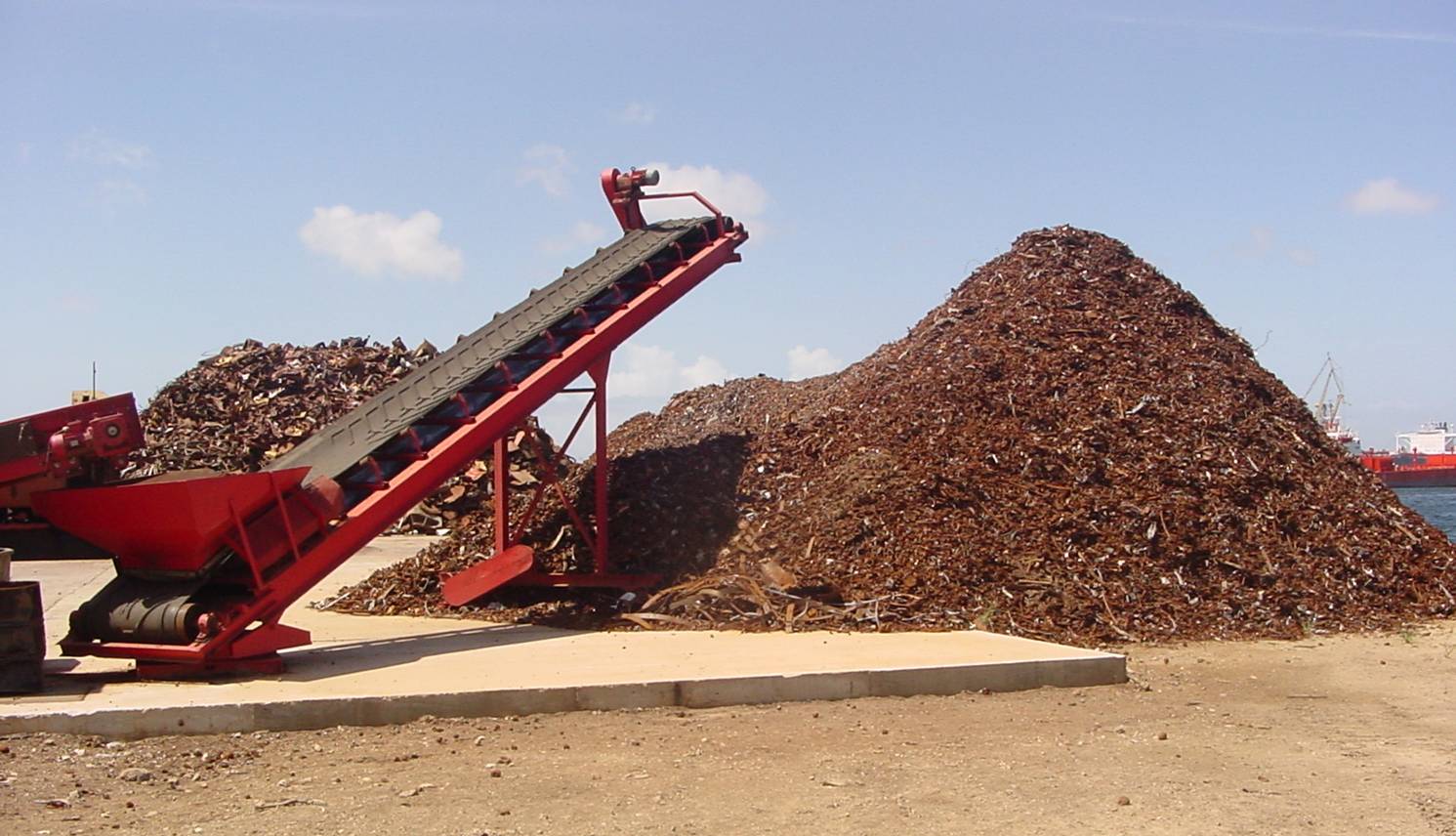
Purchase of recycled products – End of the Loop
Without the purchase and use of products having recycled content, materials are not truly recycled. The "recycling loop" must be closed for recycling to actually happen. Consumers purchase and use products having recycled material content. These people and businesses create market demand for recycled materials.
For more information or assistance with recyclable materials such as glass, plastics, metals, batteries, paper and cardboard, construction and demolition waste please click here to send us an e-mail.


